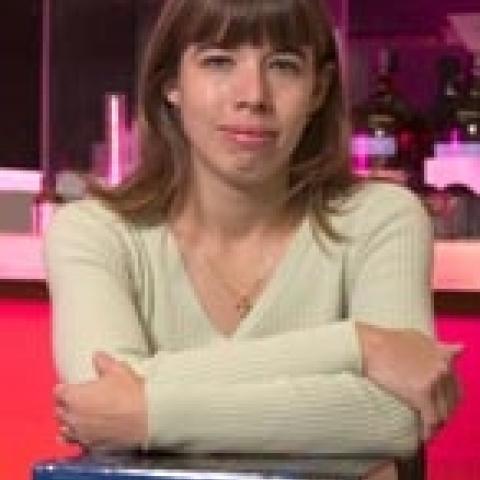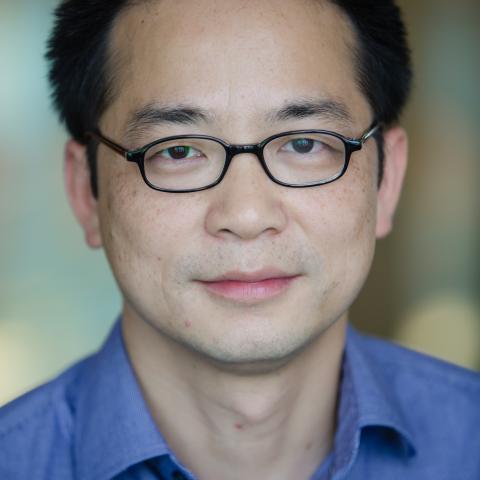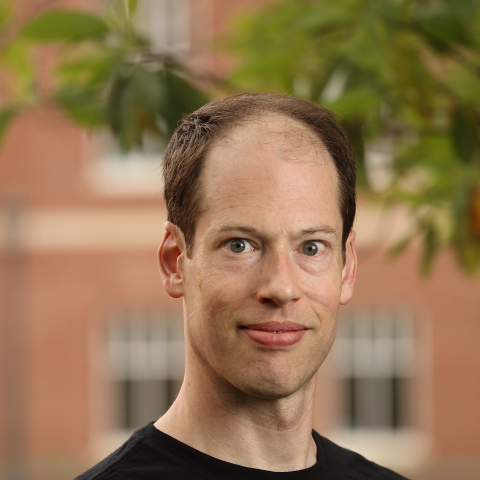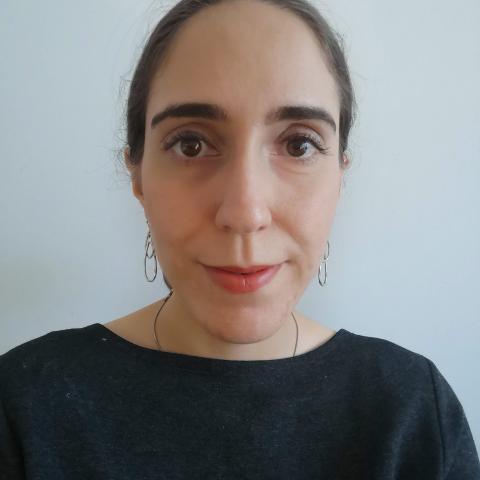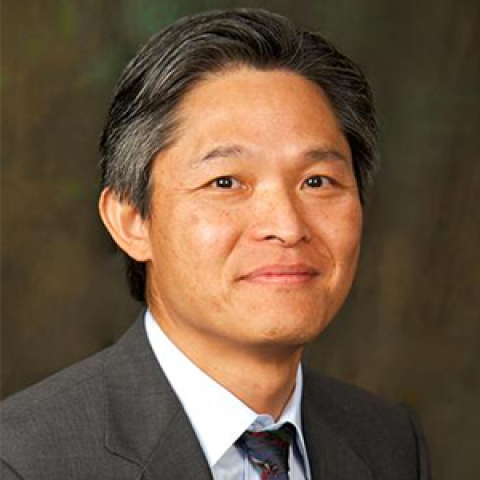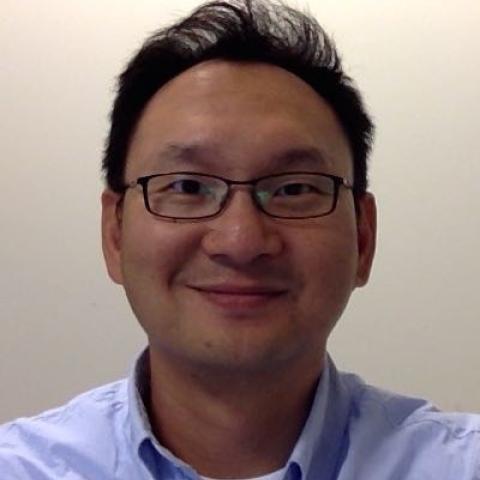Dr. Hanjoong Jo is John and Jan Portman Professor in the Coulter Department of Biomedical Engineering (BME) at Georgia Tech and Emory University, and Professor of Medicine at Emory University. He is also the Associate Chair of Emory in BME Department. Upon graduation from Korea University, Dr. Jo received PhD under the co-mentorship of Professors John Tarbell (Chemical Engineering) and Ted Hollis (Physiology) at Pennsylvania State University in 1989. Following postdoctoral training in Jay McDonald Lab at Washington University in St. Louis and University of Alabama at Birmingham, he became Assistant Professor in Pathology and BME. Dr. Jo joined the BME Department at Georgia Tech and Emory University in 2000. He directs the Cardiovascular Mechanobiology and Nanomedicine lab. His lab studies how mechanical force associated with blood flow regulates vascular biology and cardiovascular disease, especially atherosclerosis, aortic valve (AV) calcification, and abdominal aortic aneurysms. He has published more than 150 peer-reviewed papers and edited two books. He developed the mouse model of atherosclerosis, known as partial carotid ligation model, induced by disturbed flow. His work led to the discovery of several genes (mechanosensitive genes and microRNAs) and epigenetic controlling mechanisms that are regulated by bad blood flow and play key roles in atherosclerosis and AAA. By targeting some of these mechanosensitive genes, his lab has been able to treat atherosclerosis and AAA in mice. His lab is now working on nanotechnologies to developing targeted gene and drug therapies in an effort to translate mouse studies toward clinical application. He is an elected fellow of American Institute of Medical and Biological Engineering, Biomedical Engineering Society, American Heart Association and American Physiological Society. He serves as associate editors and editorial board members of several cardiovascular and biomedical engineering journals including Scientific Reports, Circulation Research, Atherosclerosis Thrombosis Vascular Biology, Am J Physiology, Cell Molecular Bioengineering and Cardiovascular Engineering and Technology. He also has been serving as reviewers and chairs of study sections of the NIH, NSF, Veterans Administration and Am Heart Association. He also organized several international meetings, and in 2012, he served as the Chair of the Annual BME Society Meeting. He is also the founding President of Korean-American BME Society and Chairs of US-Korea Annual BMES Workshops since 2013. He has been a Distinguished Visiting Professor at Ewha Womans University and Chonbuk National University.
Additional Research
Cardiovascular Mechanobiology and Nanomedicine LabRole of blood flow in Atherosclerosis, and Aortic valve diseaseMechanosensitive genes, MicroRNAs, and Epigenomic Regulation in Atherosclerosis and Aortic valve diseaseTherapeutics development for atherosclerosis and Aortic valve diseaseNanomedicine - In vivo RNA and drug delivery
University, College, and School/Department
Georgia Institute of Technology > College of Engineering > Coulter Department of Biomedical Engineering
